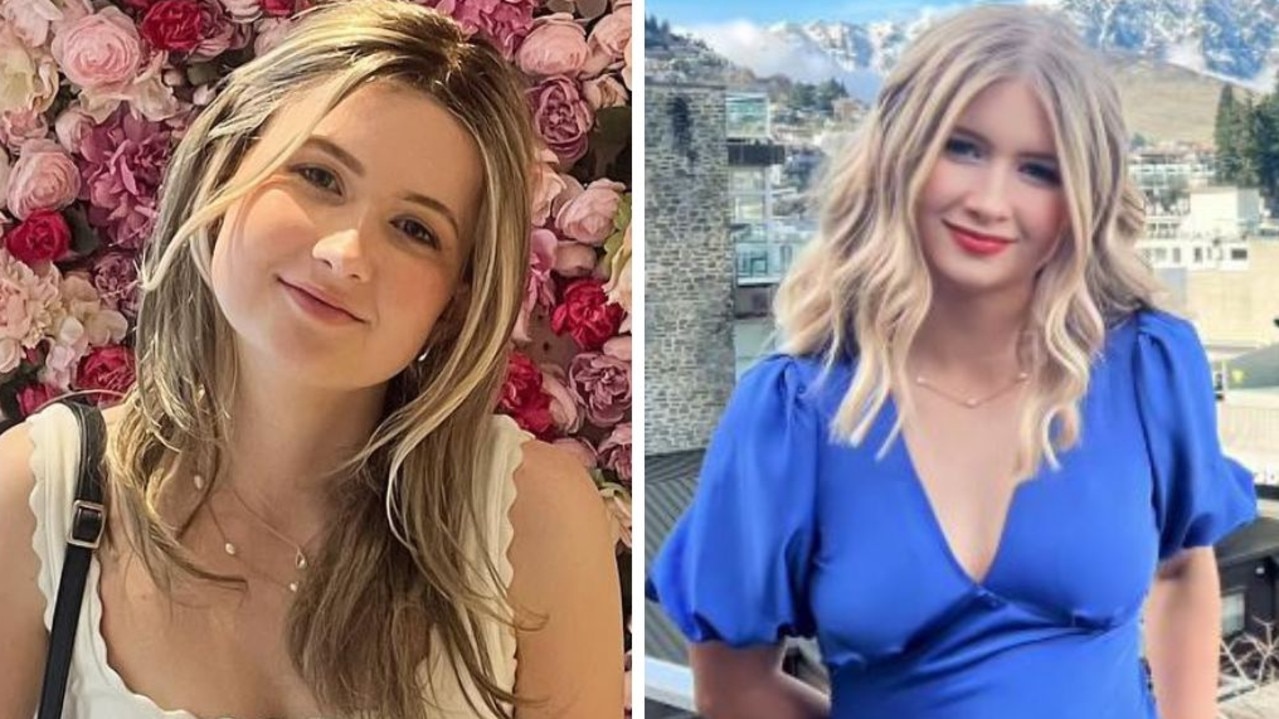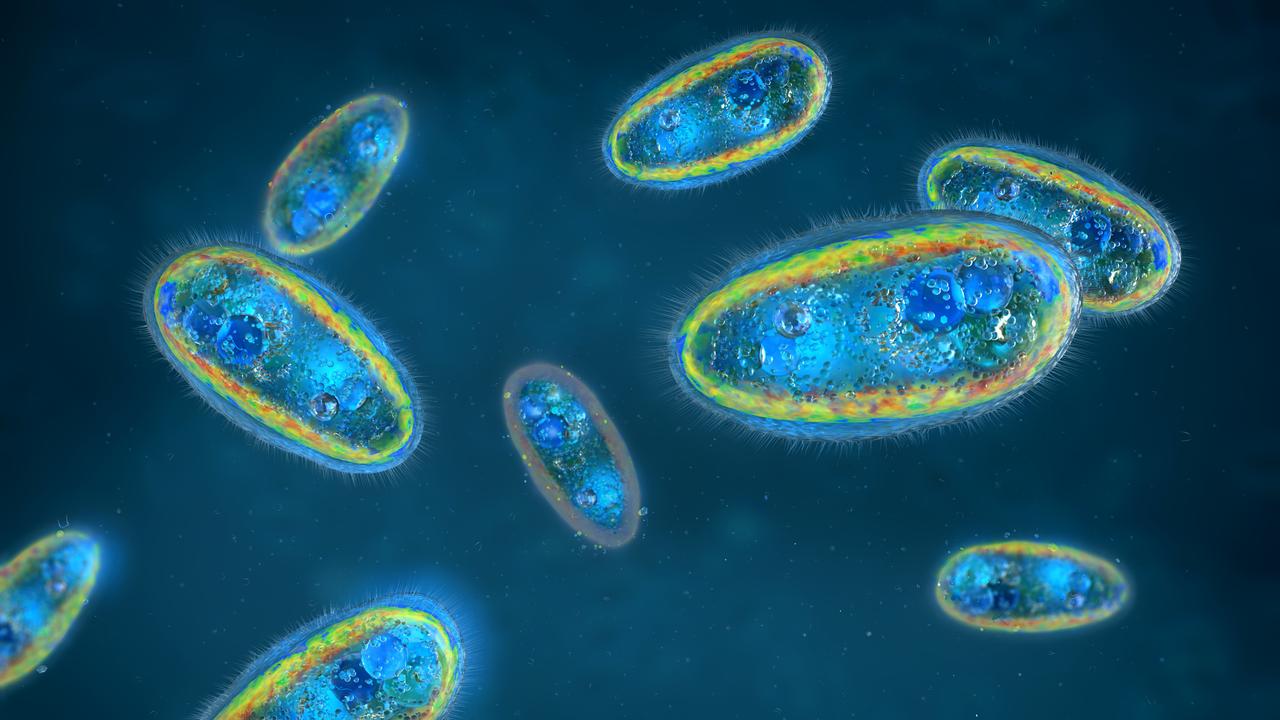Aussie professor shaking up the way cancer treated by volunteering for experimental treatment
Professor Richard Scolyer knew his cancer diagnosis meant “certain death”. Now he is shaking up the way it is treated by undergoing experimental treatment.
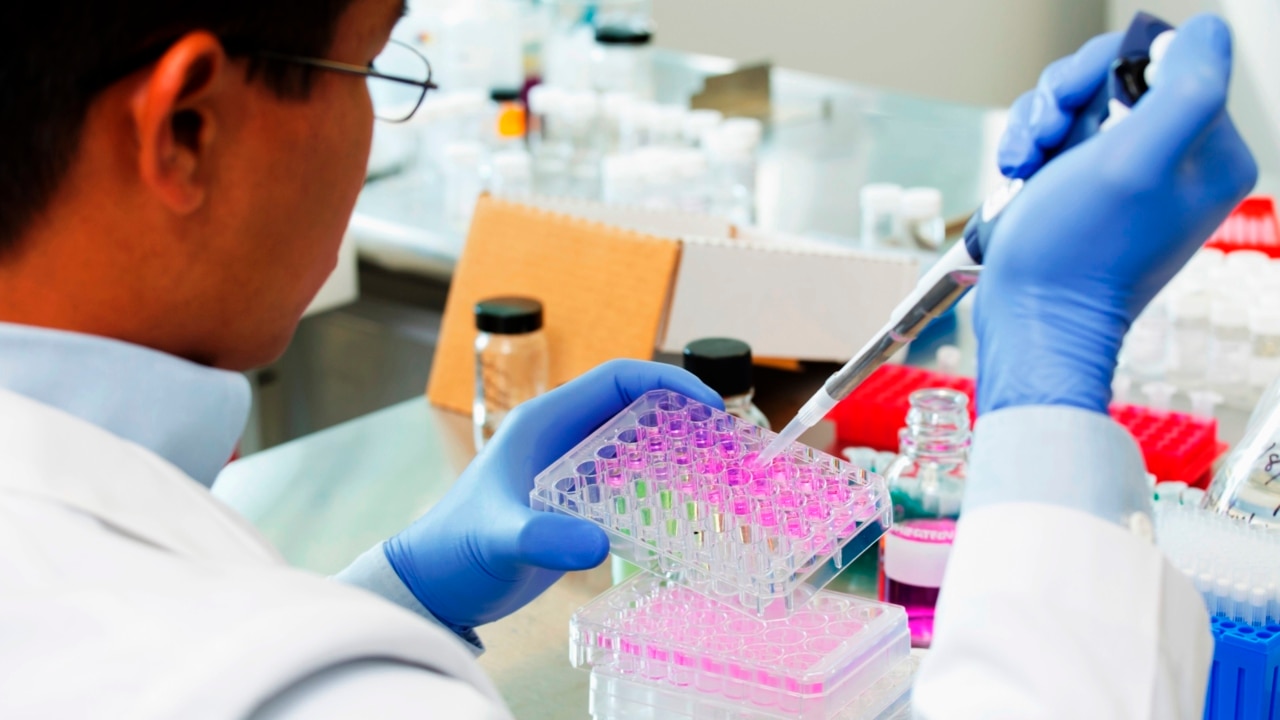
When world-leading melanoma pathologist Professor Richard Scolyer was told he had a brain tumour in June, he knew it meant “certain death”.
Diagnosed with glioblastoma – an aggressive and terminal form of brain cancer – the 56-year-old was looking at a possible six months to live.
Now, Professor Scolyer, celebrated for his pioneering melanoma research, is being the ‘guinea pig’ and undergoing experimental treatment that is “shaking up” the way cancer is treated.
“From my perspective, it’s the right thing to do when you’re faced with certain death from a cancer treatment that hasn’t changed in 18 years,” he told news.com.au of the decision.
“[I’ve been] a part of game-changing work that we’ve done in melanoma at the Melanoma Institute … so to try it in brain cancer, for me, was a no-brainer.”
Professor Scolyer was first told he had cancer while travelling and lecturing at medical conferences in Europe with his pathologist wife Katie in May.
A day after hiking the mountains of southern Poland, the ultra-fit Sydney father-of-three suffered a seizure and was rushed to hospital.
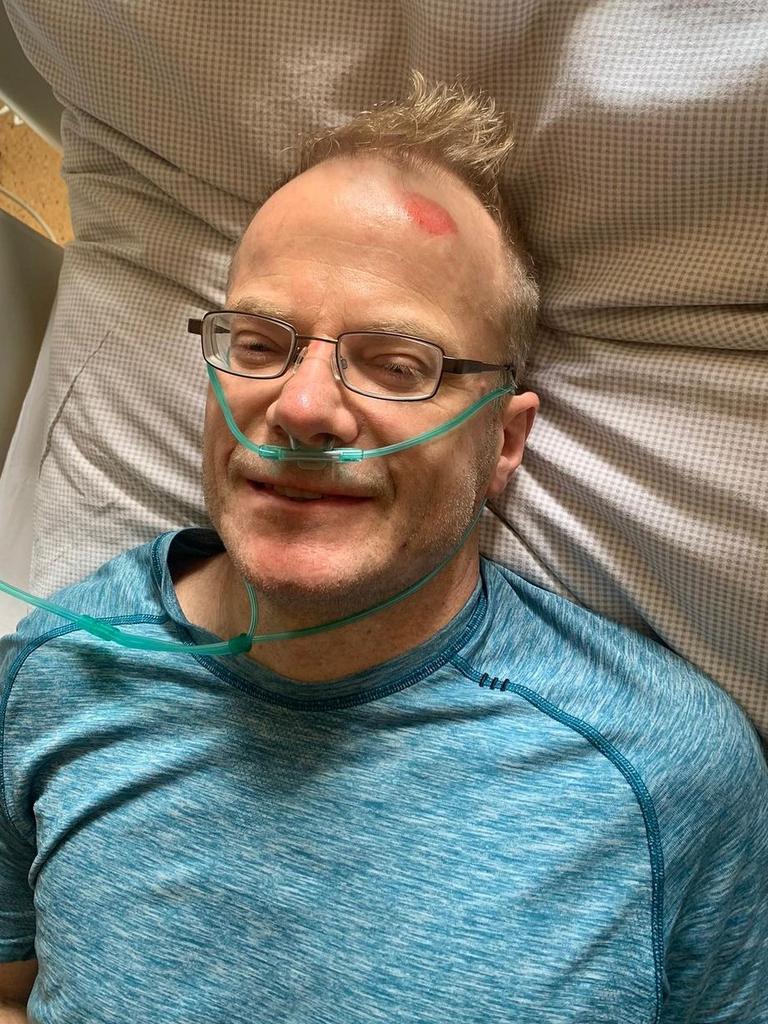
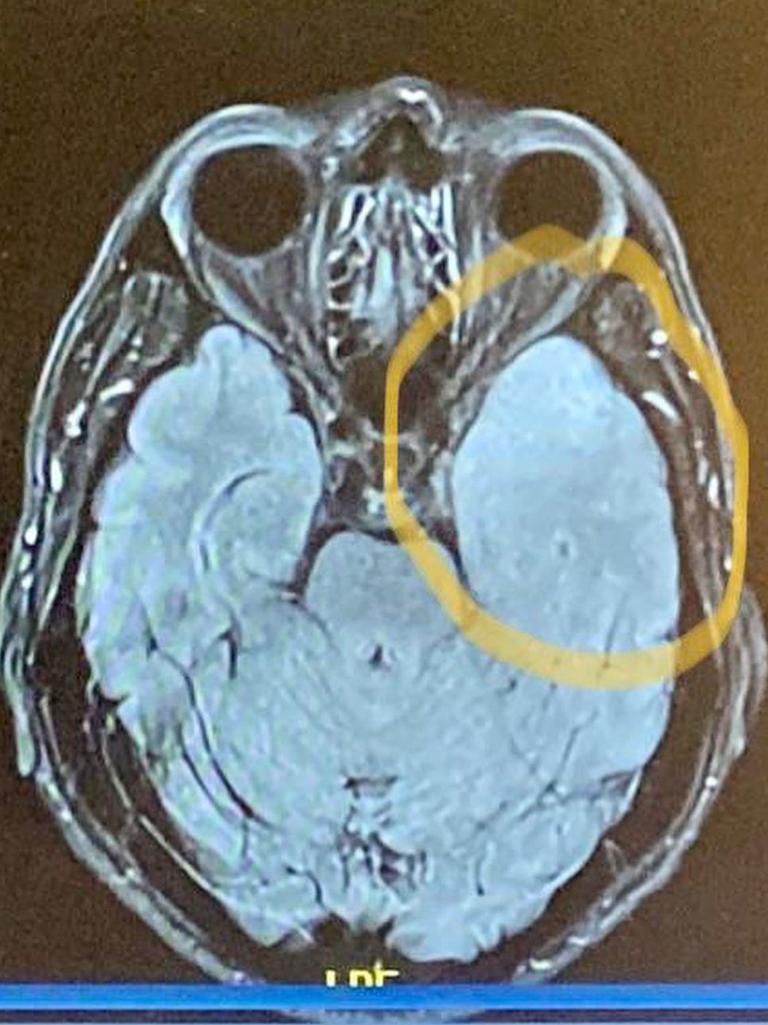
There, he was given the news that turned his “life upside down”.
“Cancer was the last thing that I was thinking about … I was right as rain before [the seizure] there were no signs at all that I was unwell,” he recalled. .
“It’s had a big impact for me and my whole family. It sent a big shockwave through all of us.”
One of many to feel the grief was his friend and medical oncologist Georgina Long, with whom he shares the title of the 2024 NSW Australian of the Year.
“I knew it was a terrible diagnosis so after the initial disbelief and shock and feeling like you’re in a nightmare, then I started thinking well, what can we do?” she said.
Leaping into action, Professor Long began searching for clinical trials that her friend could join in the hopes of extending or saving his life.
But there were none.
“It was heartbreaking,” she shared. “It’s not good enough for a cancer, which hasn’t moved the dial in 18 years.”
So she decided to come up with a new treatment.
Unlike the standard approach- which usually involves surgery followed by radiation and chemotherapy – she decided to use combination immunotherapy which would be administered before and after the surgery to remove Professor Scolyer’s tumour.
He’d also receive six weeks of radiotherapy after surgery and be administered a personalised vaccine to combat the tumour.
It was a game-changing idea but one that wasn’t so easily accepted. In fact, some were initially “frightened” by the approach.
“I started talking and emailing my colleagues who do drug therapies in the neuro-oncology field and proposing this to them and a lot of people were very frightened and pushed back on some of those ideas initially,” she said.
“Some people are afraid of changing the status quo. It’s scary. It’s a brain. If things go wrong, it can be a disaster, you can be left with significant neurological complications.”
However, others embraced the approach, recognising the “fantastic” opportunity to advance the field.
“It was a big leap to use combination immunotherapy right upfront early on, before you destroy the human and before you immune suppress them with chemo and radio,” she explained.
Professor Long said the combination immunotherapy works by helping the immune system recognise the cancer much like a sniffer dog at an airport.
“When a cancer is sitting in someone’s body, your immune system isn’t going to recognise it as an enemy … What our drugs do is it makes the cancer look abnormal to the sniffer dogs – the immune system – so the sniffer dogs can sniff it out, find it and kill it.”
Since starting treatment six months ago, Professor Scolyer has undergone surgery to remove his tumour and the results from subsequent MRI scans have so far been positive.
A week ago, the 56-year-old shared an update on social media, revealing a recent MRI scan was “stable or possibly even better than two months ago”.
“Could Prof Georgina Long’s treatment strategy of neoadjuvant combination immunotherapy +/-personalised anticancer vaccine be having a positive effect? Too early to know but great hope for the future!” he wrote.
Professor Scolyer has also been able to maintain an active lifestyle.
Earlier this week, he shared he completed a 5km run with his son and rode 90km to help raise funds for cancer research.
“I enjoy exercising and find it’s good for my mental health and happiness. As anaemia improves, so does my exercise form … I hope to ride in the 2024 Signature Tour in #Tassie!” he wrote on Instagram.
While it’s positive news, the pair are waiting for Professor Scolyer to continue to return clear scans over the next few months before they celebrate.
“We’re really pleased with the clear scans, it’s fantastic. But we’d like to wait another two or three scans before we can feel more confident that what we’ve done has changed his outcome,” said Professor Long.
She added the treatment has already had a game-changing impact on the field, with an oncologist from her team looking to start a trial into the use of combination immunotherapy before surgery, as they did with Professor Scolyer, to see if they can help future patients.
“We’ve really opened people’s eyes to what can be done and now the neuro oncology team are going to take if further.”
Reflecting on Professor Scolyer’s “legacy”, she said the pair have a clear message for the cancer community: “To change outcomes, you need to be brave and courageous”.
“Even if you go into a large clinical trial, and it’s not successful, the concept of trying novel drugs upfront needs to be embraced, because one of those novel drugs now or into the future will work.”



